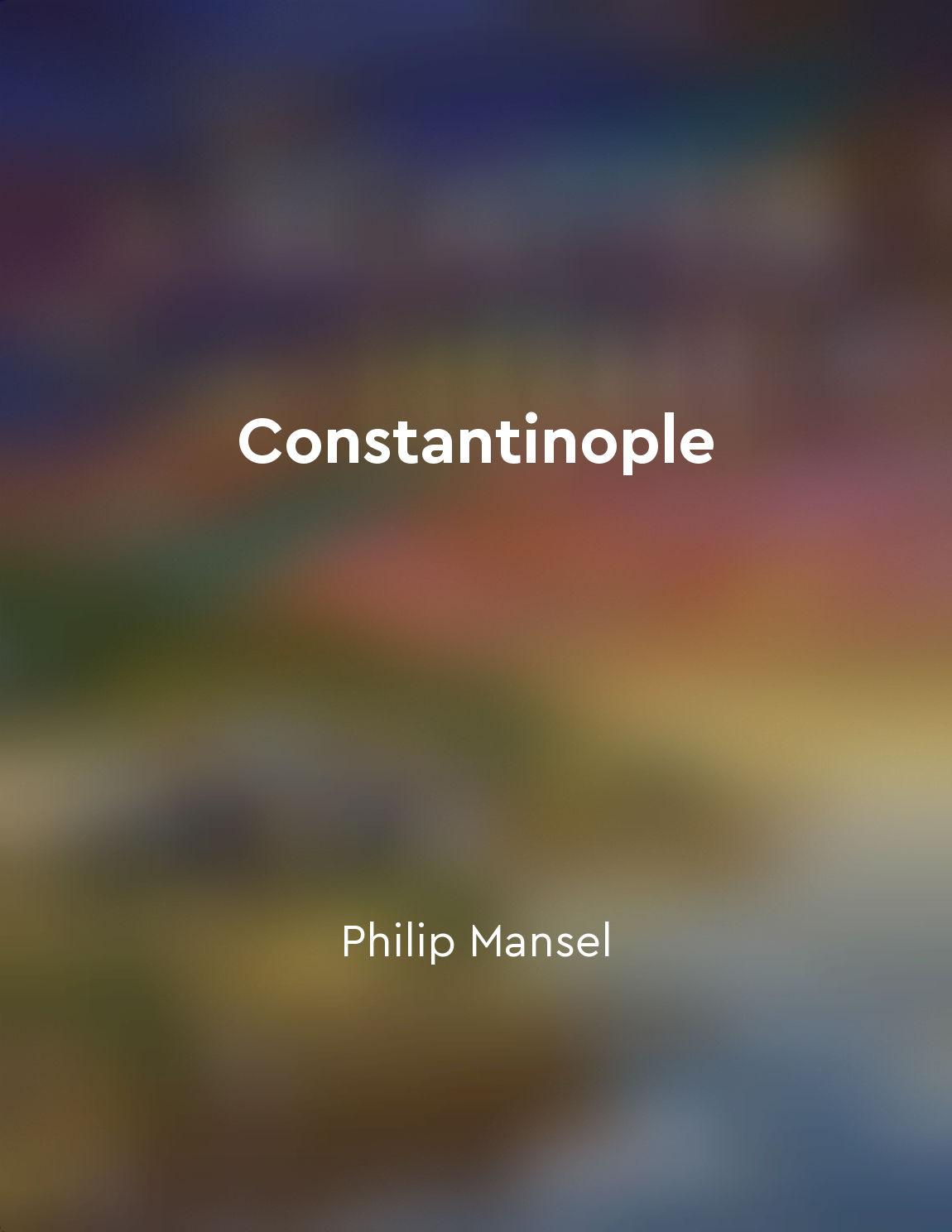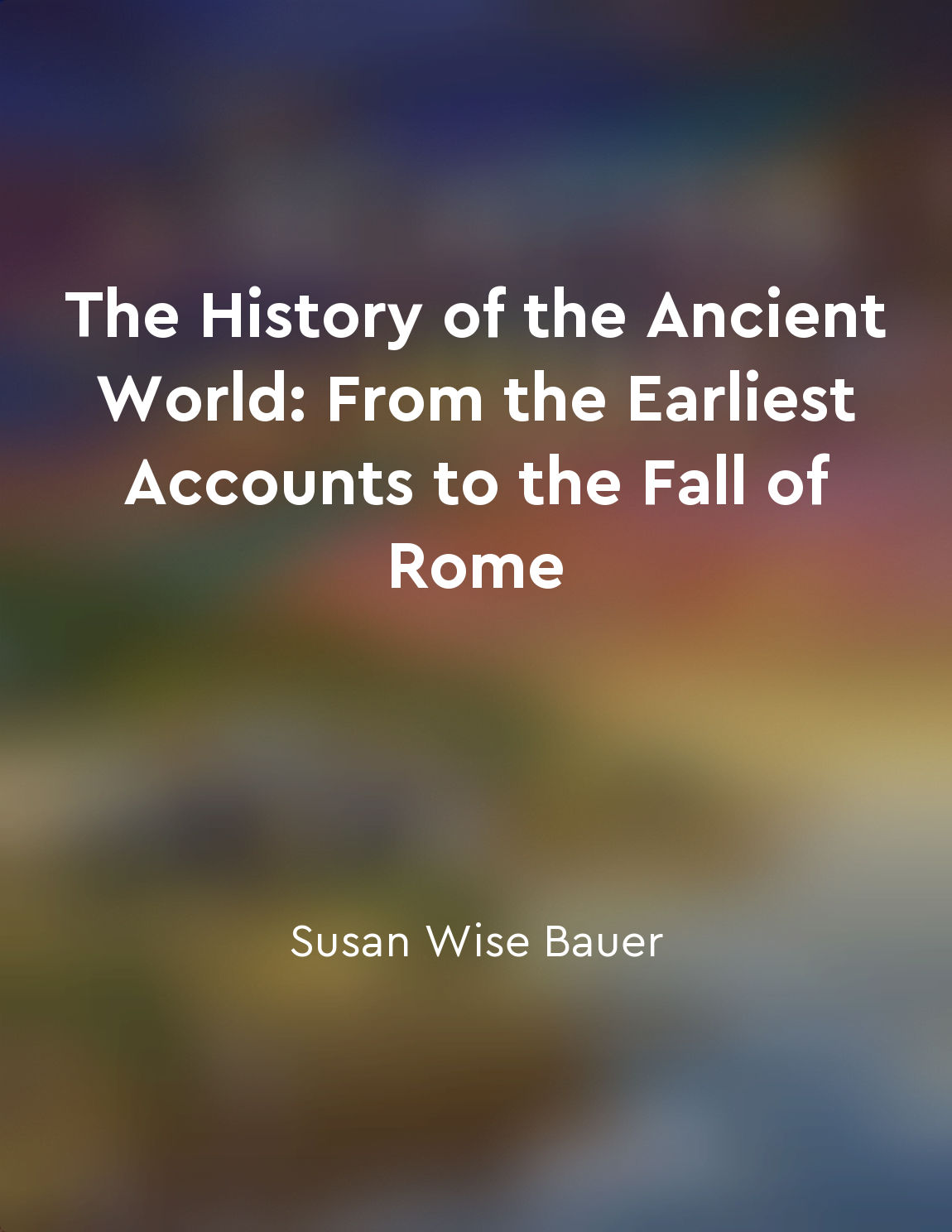Siege of Constantinople from "summary" of Constantinople by Philip Mansel
The Siege of Constantinople in 1453 was one of the most pivotal moments in the history of the city. The Ottoman Empire, under the leadership of Sultan Mehmed II, laid siege to the city for fifty-three days. The Byzantine Empire, weakened by internal strife and external pressures, was ill-equipped to defend itself against the Ottoman onslaught. The fall of Constantinople marked the end of the Byzantine Empire and the beginning of Ottoman dominance in the region. The siege of Constantinople was a brutal and bloody affair. The Ottomans bombarded the city with cannons, destroying large sections of the walls and causing widespread panic among the defenders. The Byzantines, led by Emperor Constantine XI, fought valiantly to repel the invaders, but they were ultimately overwhelmed by the sheer size and strength of the Ottoman army. The final assault on the city was a desperate and savage affair, as the Ottomans broke through the walls and poured into the city, slaughtering the inhabitants and looting their homes. The fall of Constantinople had far-reaching consequences for the region and the world. The city, once a center of culture, commerce, and learning, was now under Ottoman control. The Ottomans renamed the city Istanbul and made it the capital of their empire. The fall of Constantinople also had a profound impact on Europe, as it marked the end of the medieval era and the beginning of the Renaissance. The siege of Constantinople was a turning point in history, signaling the rise of the Ottoman Empire and the decline of the Byzantine Empire.- The Siege of Constantinople in 1453 was a momentous event that changed the course of history. The fall of the city marked the end of the Byzantine Empire and the beginning of Ottoman dominance in the region. The siege was a brutal and bloody affair, with the Ottomans ultimately overwhelming the defenders and conquering the city. The consequences of the fall of Constantinople were far-reaching, shaping the future of the region and the world.
Similar Posts
Imperialism dominated world politics
Imperialism, or the extension of a nation's power through the acquisition of territory or through the establishment of economic...
Decline in moral values
The decline in moral values can be traced as a crucial factor in the deterioration of the once mighty Roman Empire. The moral f...

Fall of the city
The fall of Constantinople in 1453 was a cataclysmic event that shook the foundations of the Byzantine Empire to its core. For ...

Fall of the city
The fall of Constantinople in 1453 was a cataclysmic event that shook the foundations of the Byzantine Empire to its core. For ...

Enduring legacy
The enduring legacy of Constantinople is a testament to its rich history and cultural significance. Throughout the centuries, t...

Chart the spread of Greek culture through conquest and colonization
Greek culture was spread far and wide through a combination of conquest and colonization. The Greeks were not content to remain...

